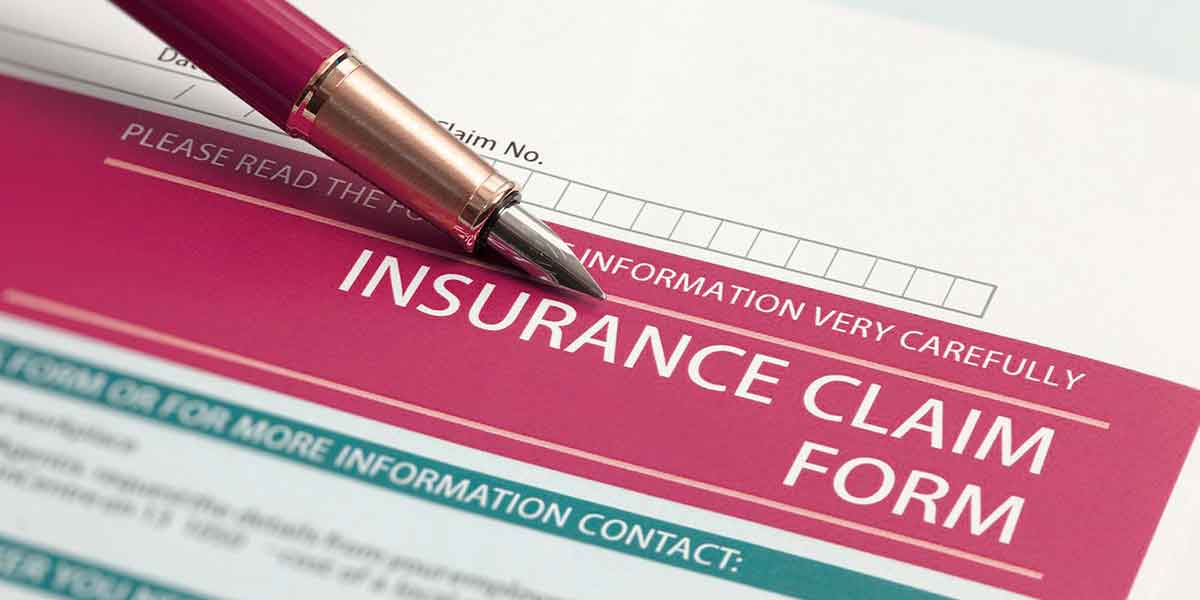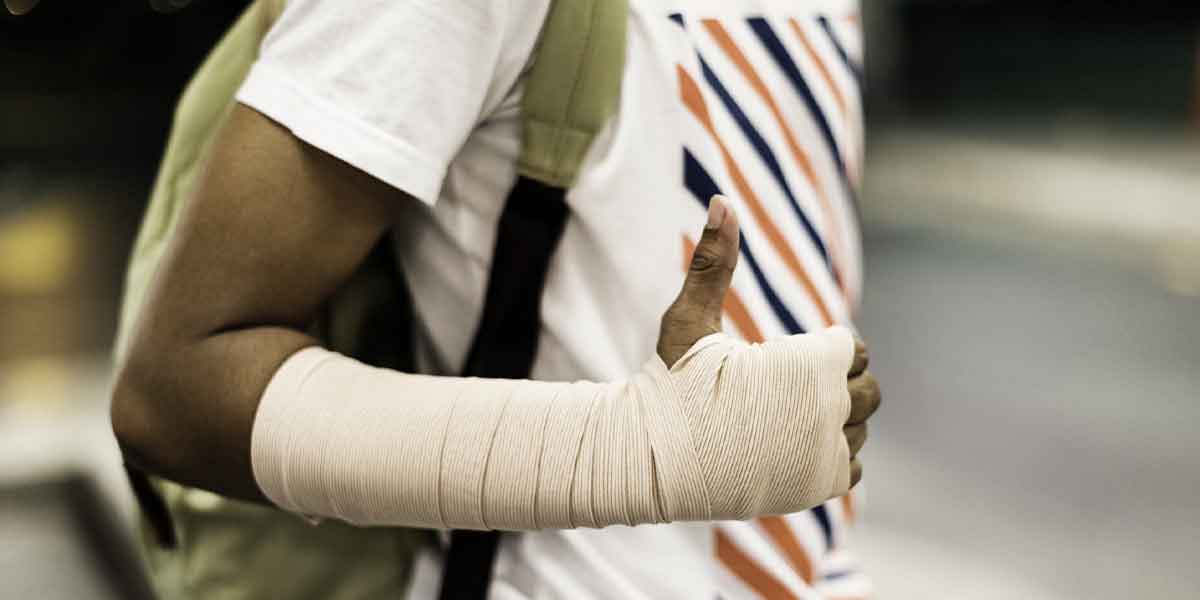If a person sustains severe injuries in someone’s home because of lack of safe maintenance on the premises, the injured individual can request compensation for their injuries by filing a personal injury claim against the homeowner. This is the basic framework for a personal injury case. On the surface it may seem simple enough, but in reality there are a multitude of issues that can arise and complicate your bid for financial recovery. One of these is the homeowners insurance coverage policy.
The regulation of homeowners insurance varies depending on where you live. In New York, for example, there is no law which requires property owners to have homeowners insurance. However, if you have a mortgage, most lenders make it a requisite to purchase some form of coverage for your home.
Whether or not a property owner has their home covered under an insurance policy can affect the way a personal injury claim progresses. However, as there are no public records with regards to who has homeowners insurance or not, it is essential to speak with the owner of the house where your accident occurred and find out about their insurer and policy.
Reporting your injury
When it comes to personal injury cases and dealing with homeowners coverage, time is of the essence. If you are injured in someone’s home and believe that the injury might be severe, get in touch with the homeowner’s insurer right away and report the incident. Allowing too much time to pass between your initial injury and contacting the insurance company might raise suspicions as to the legitimacy of your claim which can be used against you down the road. Gather the necessary information from the homeowner as to who their insurer is and contact them as soon as possible to report your claim.
Uncooperative homeowners
A vast majority of insurance companies simply want to receive the premium that is due to them and not have to deal with any of the incidents for which they are paid to cover in the first place. This is especially true if the incident requires that they pay out money for injuries or damages as is the case with personal injury claims covered under a homeowners insurance policy. In fact, there are a few insurance institutes that will terminate a homeowner’s insurance after a personal injury claim is filed so as to avoid future pay outs. Because many policy holders are aware of this potential loss of coverage, they may avoid collaborating with claimants who have been injured in their home by withholding information about their insurance or refusing to report the incident. If you should come across an impasse of this kind, the only way to move forward with your claim is to file a lawsuit against the homeowner. In the face of legal action, they would be forced to present the necessary information with regards to their homeowners insurance.
Handling insurance adjusters
As with most other claims that involve insurance of some kind, a personal injury claim that is reported to an insurer is then appointed an insurance adjuster. The adjuster will gather all relevant fact and details with regards to the incident in order to assess damages. This is usually done by speaking to the owner of the home where the accident took place as well as the person who was injured in order to put together a narrative of the incident. Because the adjuster works as a representative of the homeowner’s insurer, they will try to elicit a recorder statement from you, the injured party, as a means of undermining your claim. It is always best to let your personal injury attorney handle all communications with the insurance company and their representatives.
Determining negligence for liability coverage
With homeowners insurance, you may receive two types of payments for your personal injury claim. One is known as medical payment coverage and would be applied to any medical bills and expenses up to the policy limit, regardless of whether or not the homeowner’s negligence of their premises resulted in your injury. The other is called liability coverage, and in contrast to medical payment coverage, receiving this type of payment is indeed contingent on the homeowner’s negligence. Sustaining an injury, even a severe one, in someone’s home does not necessarily mean that they were negligent. They would have to have knowingly allowed unsafe conditions in their home in order to be held liable for your injury. Only under these circumstances would an insurer pay out liability coverage.
Personal injury claims on their own can be a bit convoluted, and the addition of an insurer makes the process all the more complex. If you are dealing with an injury you sustained in someone’s home, don’t try to face the homeowner’s insurer alone. Instead, get in touch with our personal injury attorneys at Novo Law Firm PC. We’ll handle every step in your personal injury claim to make sure you receive full and fair compensation for your injuries.







